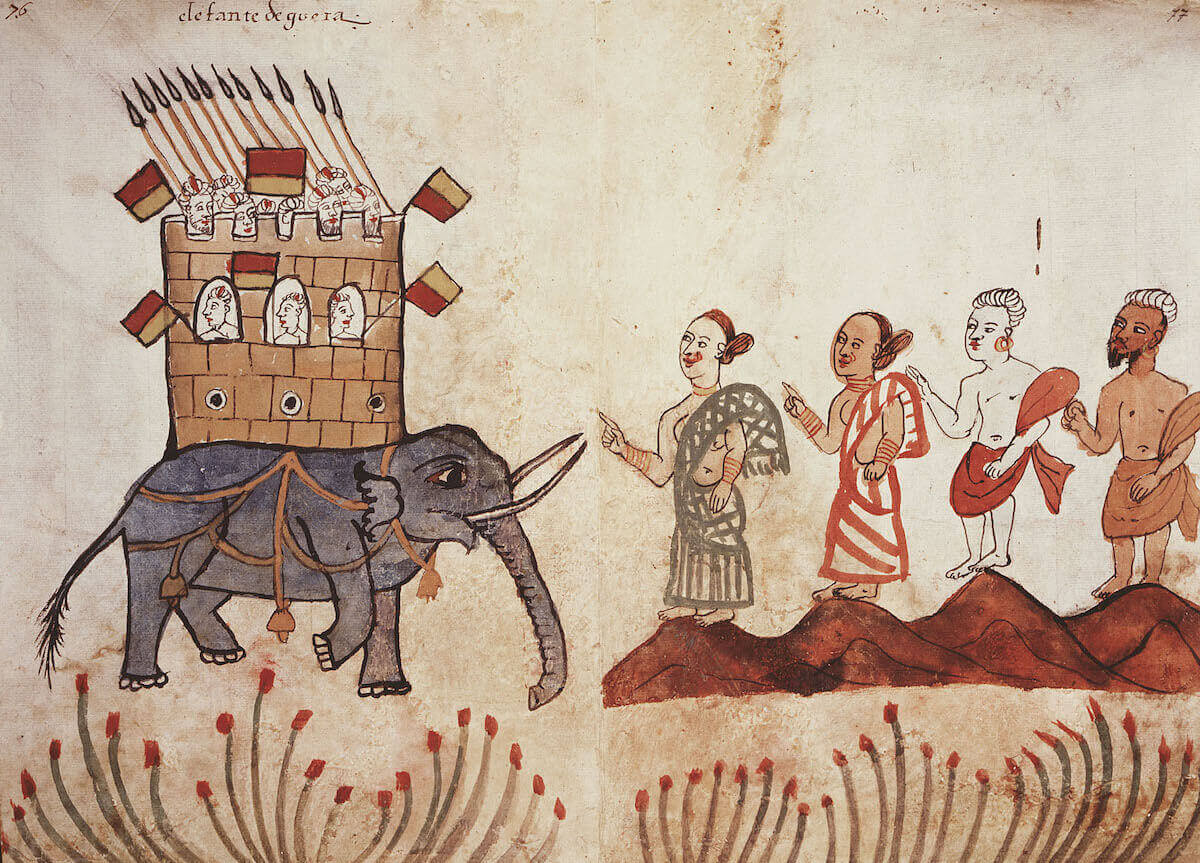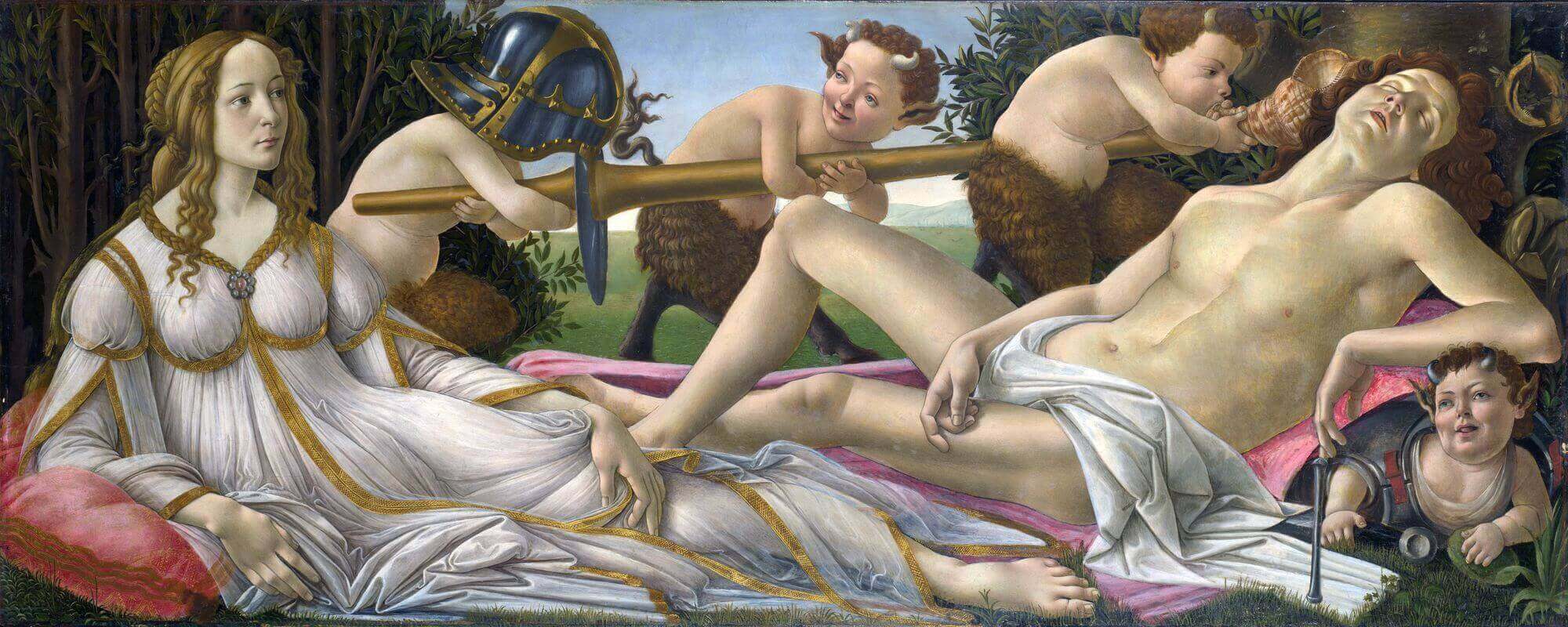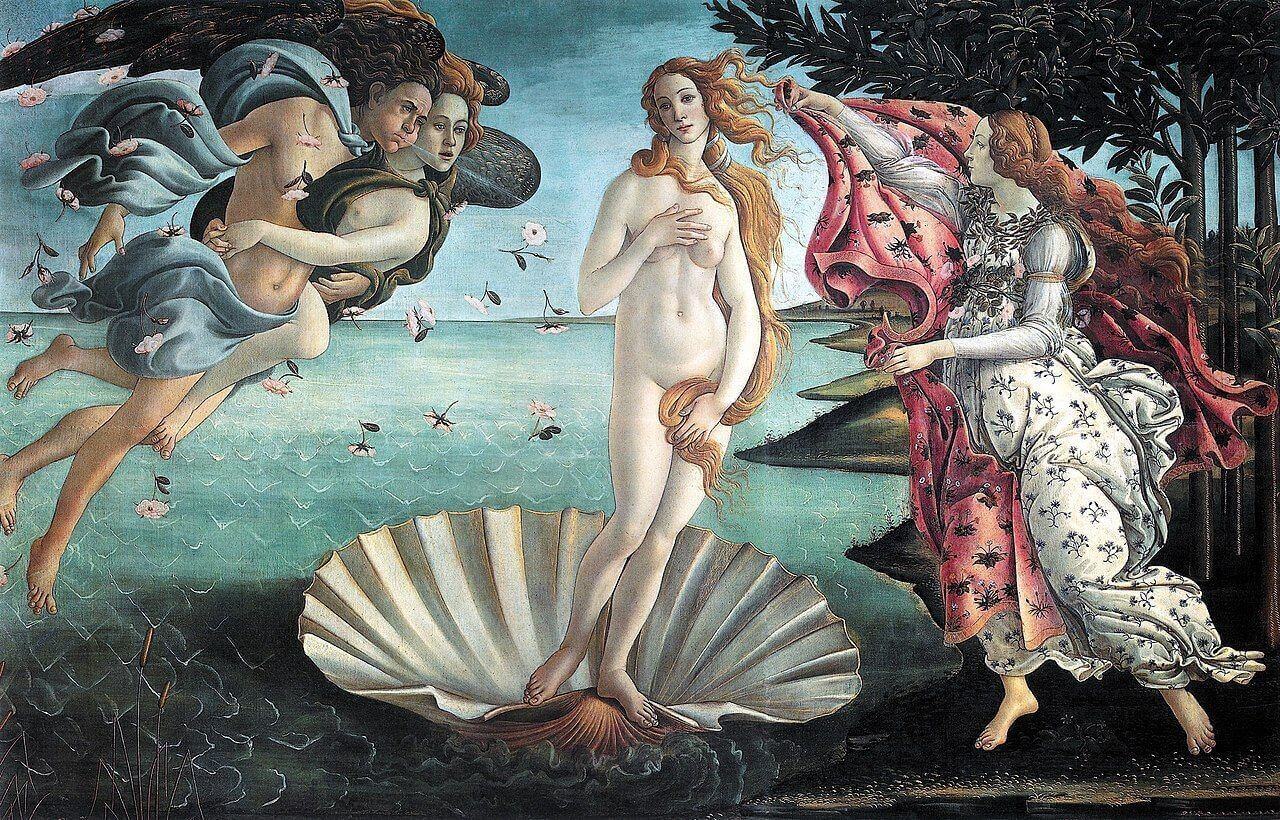Life
Socrates (c.470 BCE — 399 BCE) was born in Athens, the son of a stonemason and a midwife. It is likely he worked for a time in the family business as a stonemason himself. He also undertook military service during the Peloponnesian War — perhaps one of the few times he travelled far from Athens.
His philosophical education was informal. He studied with the philosopher Anaxagoras. And according to his disciple Plato, he was also influenced by two women philosophers: Aspasia of Miletus, with whom he studied the arts of oratory; and the priestess Diotima of Mantinea. He was a philosopher who believed in the value of speech over writing, and consequently he never wrote anything; but his ideas were recorded and embellished by his disciples, including Xenophon and Plato.
Socrates was a striking figure. Contemporary accounts describe him as squat, ugly and often blunt to the point of rudeness. He was also almost immune to physical hardship. He could endure heat, cold, hunger and thirst without seeming troubled. And he was famous also as a drinker: Socrates could drink almost anybody else under the table, and still remain standing.
The quest for wisdom
Socrates was preoccupied by the idea of wisdom. According to an account in Plato’s Apology, the oracle of Apollo at Delphi once told Socrates’s childhood friend Chaerephon that nobody was wiser than Socrates. When Chaerephon told Socrates this, Socrates thought that this couldn’t be right because he knew that he wasn’t wise at all. So, he started going round, cross-examining people he met, to see if he could prove the oracle wrong. He spoke to philosophers, politicians, poets, and found that under close cross-examination, the so-called wise turned out to be ignorant after all.
Eventually, Socrates realised that nobody else knew much either: we are all blundering around in the dark. So Socrates concluded that perhaps the god Apollo was right: Socrates was wisest because he was the only person who had the wisdom to know that his wisdom didn’t amount to anything.
Death of a trouble-maker
Unsurprisingly, Socrates made himself unpopular going around and causing trouble like this. When he was around the age of 70, he was prosecuted on trumped-up charges, and sentenced to death by drinking poison. Although he was given the opportunity to escape, he insisted on seeing the sentence through. Having benefited from the laws of the city all his life, he argued, he shouldn’t try to escape them when it suited him.
Philosophy
Socrates was not the first philosopher in Ancient Greece. But he is so important for the development of philosophy in the West that the Greek philosophers who preceded him are all often lumped together as ‘pre-Socratic’ philosophers. He put in place a new style of philosophical analysis and argumentation. He put ethics at the heart of philosophical enquiry. And he raised questions about the body and the soul (or the mind) that would become central to the Western traditions of philosophy.
Cross-examination
Socrates is important in the history of philosophy because he was the first to argue that claims — particularly ethical or moral claims — should be subjected to rigorous cross-examination. This cross-examination (or elenchus, as it is called) is a way of testing the truth or falsity of the things that we believe to be true. The purpose of the elenchus may be to find out the truth of the matter. But it may equally be to undermine our certainty about the truths that we hold to, and to provoke a more questioning, curious attitude to the things that we take for granted.
Essence and ethics
One of the first Greek philosophers was Thales of Miletus (c.625 BCE — c. 546 BCE), who had the insight that behind the complex phenomena of the physical world, behind there might be simpler, underlying principles or essences. Or that there’s a difference between appearances — how things seem to be — and the underlying reality.
Socrates took this idea and applied it to ethics. When he cross-examined people about things like ‘justice’ or ‘piety’ or ‘virtue’, he was seeking not just examples of these things, not just the appearances of ethics or morality. Instead, he was seeking to understand their underlying principles. He was asking what it is that makes something just, or pious, or virtuous.
Philosophy, Death and the Soul
Another important claim that Plato attributes to Socrates is that the soul and the body are separable. Philosophy involves removing ourselves from bodily concerns, and turning towards the intellect. In this way, Socrates says in his death-bed speech in the Phaedo, philosophy is a way of preparing for death, when the body and soul will be irreversibly severed.
Further Reading
Books
For an alternative view of Socrates, where he is presented not as a great philosopher but instead as a figure of fun, read The Clouds by his contemporary, the playwright Aristophanes. It is lots of fun. One particularly readable version is Aristophanes 1: Clouds, Wasps, Birds, trans. Peter Meineck (Hackett 1998).
If you want to dive into translations of Greek texts, one of the best places to start is Plato’s The Apology, which gives an account of Socrates’s trial defence, and Phaedo, which tells the story of Socrates’s death. These are available in multiple versions. But try the Penguin Classics version, The Last Days of Socrates translated by Harold Tarrant (Penguin 2010).
For an overview of Socrates’s life and thought, try Socrates, A Very Short Introduction by C.C.W. Taylor (Oxford University Press 2019)
Online Resources
One of the most entertaining short introductions to Socrates is 8-Bit Philosophy’s ‘Who Was Socrates?’: https://www.youtube.com/watch?v=bJUuOnsRcvc
Cover image: Socrates teaching Plato and Aristotle. 13th Century Islamic manuscript. Courtesy Wikimedia Commons.



